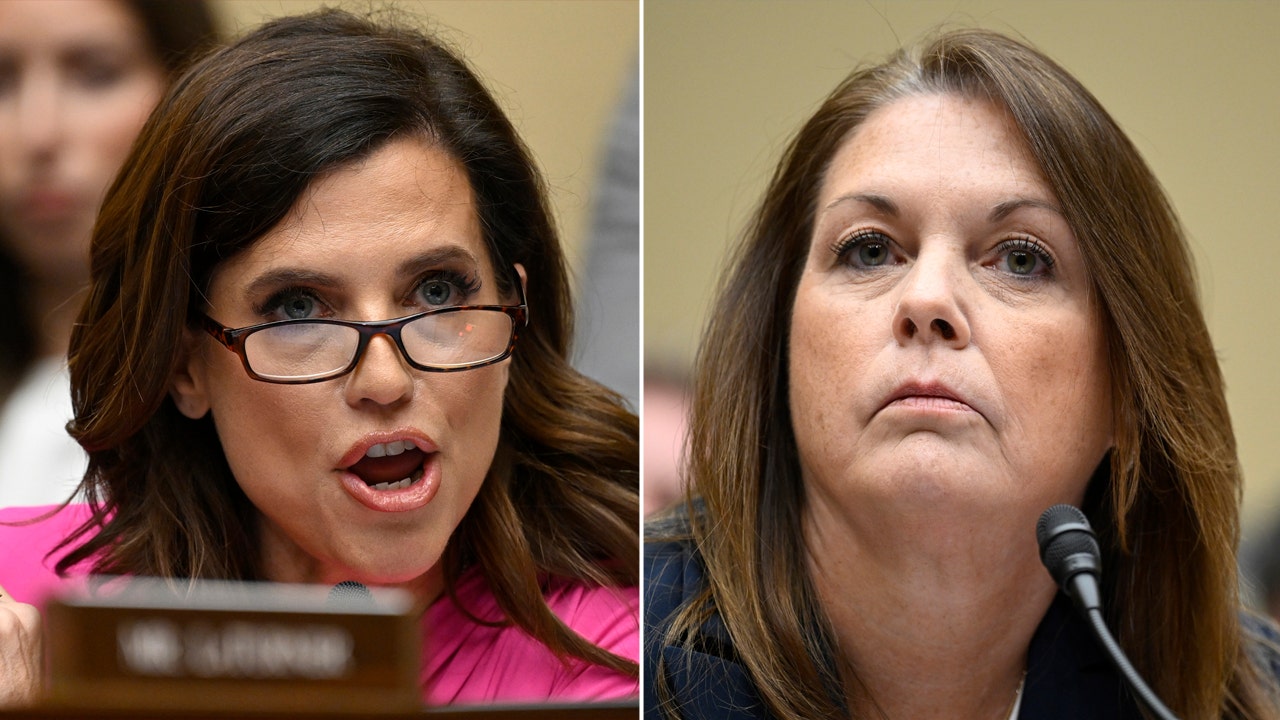STERLING, MASS. (WHDH) – Massachusetts Olympic gymnasts Stephen Nedoroscik and Frederick Richard helped clinch a bronze medal for Team USA Monday, with the moment making its rounds online and across TV channels.
Now, Nedoroscik, 25, of Worcester, and Richard, 20, of Stoughton, will be returning to the state as hometown heroes.
As soon as Nedoroscik dismounted from the pommel horse — his specialty — during the men’s gymnastics team final at the Paris 2024 Olympics, his teammates hugged him with great fervor.
Some are calling the Worcester gymnast Clark Kent, because he took off his glasses and became a hero up there on the gym floor.
“He just fell in love with the pommel horse and kind of just became obsessed,” said Jon Rydzefski, who trained with him at Sterling Gym, north of Worcester. “And that was his thing, that’s what he only wanted to do, all the time. He’d get pried away to do the other events, because you had to at that age.”
“But, his heart, that’s what he wanted to go to and all that work paid off,” Rydzefski continued.
Also making his mark, Richard competed in the floor exercise, parallel bars, horizontal bar, and still rings events, pushing his team to a solid bronze medal — the first U.S. men’s gymnastics team medal since 2008.
Stoughton Public Schools hosted an Olympics watch party Monday night, with Richard’s family members, former teachers, and local community members in attendance. On the district’s Facebook page, Richard’s headshot sits front and center as the account’s cover photo.
Stoughton High School Principal Juliette Miller couldn’t be prouder.
“He met with me around his sophomore year or late freshman year, told me that he was going to be in the Olympics. That’s what his goal was. He was striving for that. We’ve known all along to expect great things from him,” Miller said.
Back at the Sterling gym, young gymnasts said they were determined to follow in the Olympians’ footsteps.
“It’s pretty crazy to think about an Olympian doing gymnastics where I’m doing gymnastics,” said Jacob Jones.
Richard is scheduled to compete again Wednesday, and Nedoroscik will be back on the pommel horse Saturday.
(Copyright (c) 2024 Sunbeam Television. All Rights Reserved. This material may not be published, broadcast, rewritten, or redistributed.)




























